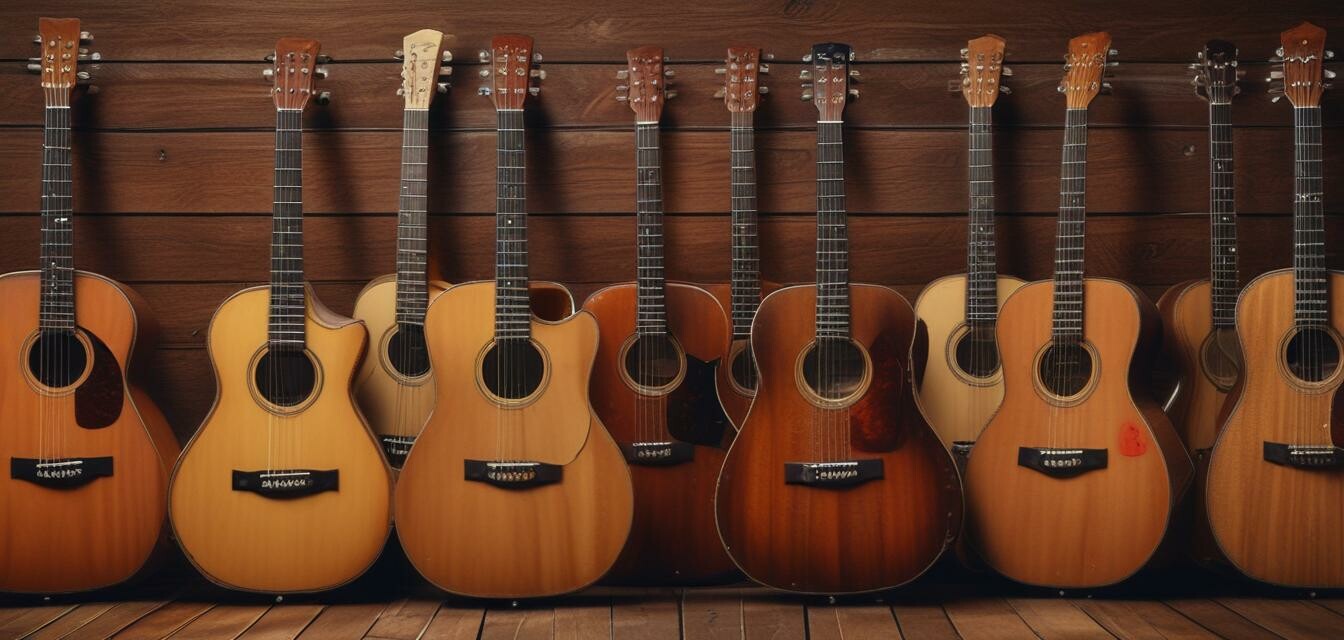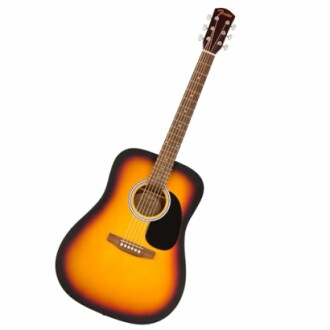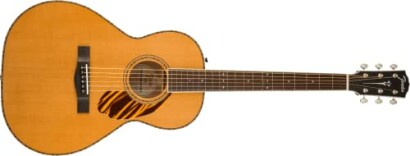
Beginner’s Guide to Fender Acoustic Guitars
Key Takeaways
- Fender acoustic guitars offer a variety of models suitable for different skill levels.
- Understanding the construction materials can enhance your selection process.
- Features like pickup configurations, body shape, and fretboard materials affect sound quality.
- Consider beginner-friendly options to start your journey in acoustic music.
- Fender provides tools and resources for beginner guitarists to succeed.
If you're stepping into the world of music with dreams of playing the guitar, Fender acoustic guitars are an excellent choice. They provide quality and versatility for beginners and experienced players alike. This guide will walk you through essential features, sound profiles, and tips to help you choose the right Fender acoustic guitar that fits your skill level.
Understanding Fender Acoustic Guitars
Fender has a rich history and reputation for crafting high-quality musical instruments. Acoustic guitars from Fender combine tradition and innovation, making them popular among musicians. Below are some important aspects to consider while choosing your first guitar.
Key Features of Fender Acoustic Guitars
| Feature | Description |
|---|---|
| Body Shape | Fender offers various body shapes such as dreadnought, parlor, and concert that influence the guitar's sound and playability. |
| Material | Top wood types such as spruce and mahogany, along with back and side woods, contribute to the acoustic tone and resonance. |
| Pickup Configuration | Many models come with built-in pickups for amplifying sound, perfect for both practice and performance. |
| Neck Design | Consider the neck profile and fretboard material, which affect playability and comfort. |
Choosing the Right Fender Acoustic Guitar
When selecting a Fender acoustic guitar, think about the following:
- Your Skill Level: If you are a beginner, opt for guitars designed for easy playability.
- Budget: Establish a budget to narrow down your options. Fender offers quality guitars at various price points.
- Style of Music: Different styles of playing (fingerstyle, strumming, etc.) may require specific body shapes and materials.
Recommended Models for Beginners
Here are two Fender acoustic guitars perfect for beginners:
Fender FA-25 Dreadnought Acoustic Guitar
Perfect for newcomers, this guitar has a rich sound and is easy to play, featuring a lightweight design and quality materials.
Learn MoreFender Paramount PS-220E Parlor Acoustic Guitar
Crafted with quality materials, this guitar is designed for optimal resonance and sound quality, making it a great choice for beginners and seasoned players alike.
Learn MoreUnderstanding Sound Profiles
Different materials and shapes impact the overall sound of your acoustic guitar. Understanding how these elements work can help you make a more informed choice.
Key Elements that Affect Sound
| Material | Description |
|---|---|
| Spruce Top | Offers a bright sound with excellent projection, making it a popular choice for the top of acoustic guitars. |
| Mahogany Body | Provides a warm, rich tone that enhances midrange frequencies, ideal for fingerstyle players. |
| Rosewood Fretboard | Enhances brightness and articulation, making it suitable for intricate playing. |
Resources for Learning and Improvement
The journey of mastering the guitar doesn’t end with choosing the right instrument. Here are resources that can help you along the way:
- Tips for Buying Fender Guitars
- Fender Acoustic Guitars
- Expert Tips for Beginners
- Fender Guitar Accessories
- Fender Guitar Amps
Conclusion
Choosing your first Fender acoustic guitar can be an exciting yet overwhelming experience. By considering your skill level, the guitar's features, and leveraging available resources, you can confidently select the right instrument to start your musical journey. Happy strumming!
Tips for Beginners
- Try different models and styles to see what feels comfortable.
- Consider taking lessons to speed up your learning process.
- Practice regularly to improve your skills over time.

